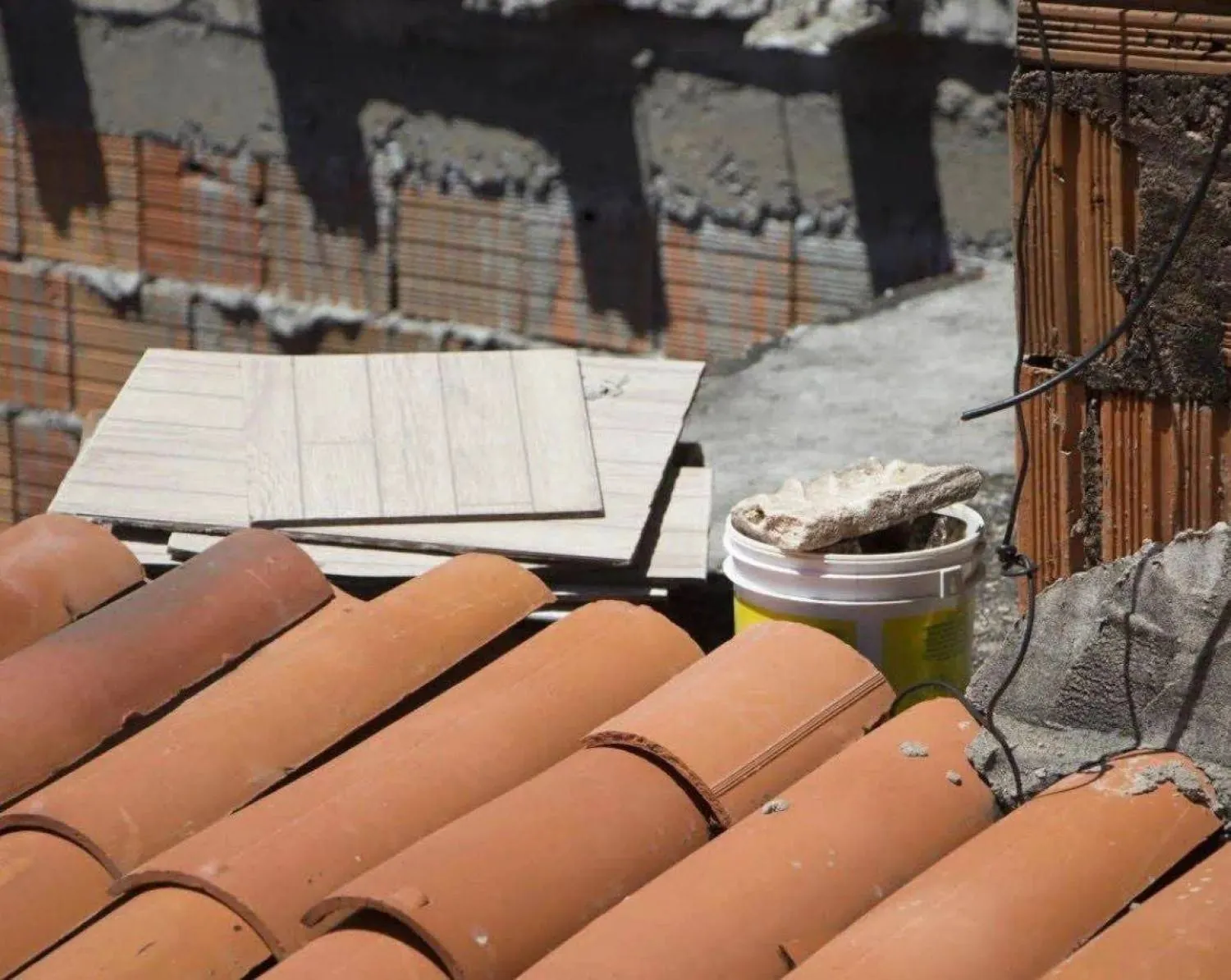Saudi Foreign Minister Prince Faisal bin Farhan discussed on Thursday with his British, Jordanian and Somali counterparts the latest developments in Gaza and its surroundings and the international efforts exerted in this regard.
Bin Farhan’s meetings with British Foreign Secretary James Cleverly, Jordanian FM Ayman Safadi and Somali FM Abshir Omar Jama came on the sidelines of the preparatory meeting for the extraordinary session of the Arab Summit to discuss the situation in the Gaza Strip.
During the meetings, they reviewed bilateral relations and ways of enhancing them in various areas of cooperation.
The Saudi minister and Safadi discussed ways to enhance communication with international influential parties to press for an immediate end to military escalation, enable prompt delivery of relief aid and medical equipment, and find a just and comprehensive solution according to the aspirations of the Palestinian people.
The Saudi Foreign Minister reiterated the Kingdom's rejection of any form of targeting civilians, stressing the need for reaching an immediate cessation of military escalation and lifting the siege on Gaza to help open safe corridors to allow delivery of humanitarian aid to civilians.
The minister also urged the UK, as a permanent member of the Security Council, to work to ensure that the council fulfills its responsibility to maintain international peace and security.
Later, the Saudi Foreign Minister and his Somali counterpart signed a general agreement for cooperation between the governments of the two countries, which comes within the two governments’ willingness to strengthen ties of cooperation, support historical relations, and develop cooperation in many fields to achieve more development and prosperity.









